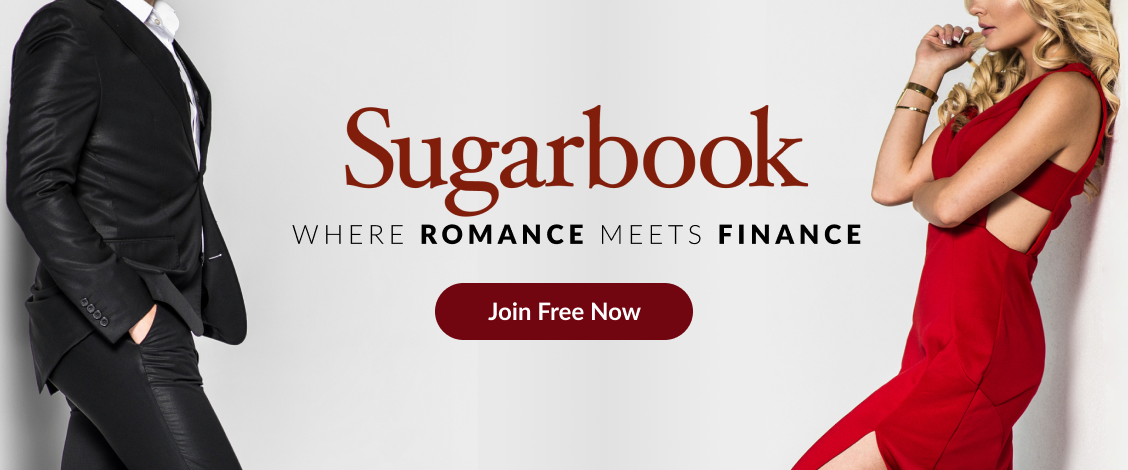
Meet successful sugar daddies and confident sugar babies on the world’s leading sugar dating app. Join free today.
In the world of modern dating, the seeking arrangement app stands out as a name that sparks curiosity, debate, and excitement all at once. By 2025, this app has evolved beyond being just a “sugar dating” space into something more nuanced: a digital platform where people openly explore connections built on honesty, lifestyle compatibility, and mutual benefit.
But what does using the seeking arrangement app really mean? Is it for everyone? How does it work, and why do some users turn to alternatives like Sugarbook? This in-depth guide answers these questions and more, showing what the seeking arrangement app truly offers in today’s dating culture.
Contents
- Understanding the Meaning of ‘seeking arrangement app’
- How ‘seeking arrangement app’ Is Used in Sugar Dating Culture
- Is ‘seeking arrangement app’ Right for You? Pros and Cons
- Where to Explore More Than Just ‘seeking arrangement app’ (Top Sites in 2025)
- Conclusion: Should you use the seeking arrangement app in 2025?
Understanding the Meaning of ‘seeking arrangement app’
What is the seeking arrangement app?
At its heart, the seeking arrangement app is a digital platform that connects people who want relationships outside the traditional model. It focuses on sugar dating: relationships built on openness, where companionship, mentorship, and lifestyle support are openly discussed—not hidden.
Users on the seeking arrangement app can:
-
Create detailed profiles showing lifestyle goals
-
Share whether they want travel partners, mentorship, or occasional dates
-
Filter matches by age, income, interests, and more
Unlike regular dating apps that often rely on guesswork, the seeking arrangement app makes intentions clear from the start.
The evolution of the seeking arrangement app
When it first launched, the seeking arrangement app primarily connected wealthy benefactors (often older men and women) with younger companions, often called sugar babies. Over time, as dating culture became more transparent and less judgmental, the app added:
-
Advanced filters for relationship types (short-term, long-term, travel, mentorship)
-
Privacy settings to protect users’ real identities
-
International access for cross-border dating
By 2025, the seeking arrangement app has grown to serve millions worldwide—but it also faces competition from newer, privacy-focused platforms.
Why people choose the seeking arrangement app
Many users are drawn to the seeking arrangement app because:
-
It makes expectations explicit, reducing awkward conversations
-
It attracts people who value honesty and openness
-
It suits busy professionals who don’t want traditional dating pressure
-
It matches those looking for luxury lifestyles or travel companions
Instead of hiding what they want, users openly list it—saving time and frustration.
How ‘seeking arrangement app’ Is Used in Sugar Dating Culture
What makes it different from traditional dating apps
Unlike standard swiping apps, the seeking arrangement app:
-
Encourages clarity: profiles can state “seeking mentorship,” “looking for travel,” or “short-term fun”
-
Emphasizes lifestyle: profiles focus on shared goals, not just photos
-
Accepts sugar dating openly, rather than treating it as taboo
It’s less about casual hookups and more about structured relationships that work for both sides.
The role of openness, lifestyle, and mentorship
Sugar dating is not always about money—it can include:
-
Professional guidance and mentorship
-
Travel and cultural experiences
-
Social connections in luxury circles
The seeking arrangement app caters to those who want partners to share in a lifestyle, without hiding the fact that support (financial or lifestyle) might be part of it.
How platforms like Sugarbook approach the same audience
Sugarbook was created for users who love the idea of lifestyle-based dating but want more control and privacy. While the seeking arrangement app is large and well-known, Sugarbook offers:
-
Verified members to reduce fake profiles
-
Privacy-first messaging and private albums
-
A respectful, community-focused atmosphere
This makes it popular with users who value safety as much as connection.

Is ‘seeking arrangement app’ Right for You? Pros and Cons
Pros: choice, clarity, and convenience
-
Transparency: both sides know what the other wants.
-
Large user base: millions worldwide.
-
Lifestyle focus: users can find matches who share travel, fine dining, or mentorship goals.
-
Saves time: avoids awkward conversations about expectations.
For many, the seeking arrangement app removes the guesswork of modern dating.
Cons: privacy, fake profiles, and expectations
-
Privacy concerns: your lifestyle info could be exposed.
-
Fake profiles: popular apps attract scammers.
-
Misaligned expectations: some users might want romance; others just lifestyle.
-
Social stigma: some people judge sugar dating unfairly.
That’s why many users also explore private platforms like Sugarbook.
Tips to stay safe and set boundaries
-
Use private chat features; don’t give out personal info too soon.
-
Choose platforms with verification like Sugarbook.
-
Set clear terms before meeting: what you both want, how often, and boundaries.
-
Listen to intuition; block/report anyone suspicious.
In sugar dating, honesty + safety equals success.
Where to Explore More Than Just ‘seeking arrangement app’ (Top Sites in 2025)
Sugarbook: refined and privacy-first alternative
Sugarbook is more than just an app—it’s a global community for those seeking respectful, lifestyle-driven connections. Users often choose Sugarbook over the seeking arrangement app because:
-
Private albums: share photos only with trusted matches.
-
Verified profiles: see who’s real.
-
Lifestyle focus: filters for mentorship, travel, or casual.
-
Community standards: keep interactions respectful.
In 2025, Sugarbook’s balance of openness and privacy makes it a top choice.
Other niche dating platforms worth exploring
| Platform | Focus | Strength |
|---|---|---|
| Luxy | Wealthy singles | Income verification |
| WhatsYourPrice | Paid first dates | Quick matches |
| SecretBenefits | Privacy | Anonymous browsing |
Each has pros/cons, but few match Sugarbook’s elegant blend of sugar dating + user safety.
Choosing a platform that fits your lifestyle
Before joining, ask yourself:
-
Do I want purely casual, mentorship, or romance?
-
Is privacy important?
-
Do I want global or local matches?
-
Do I feel comfortable sharing lifestyle goals openly?
Your answers will point to the best app—not always the biggest one.
Conclusion: Should you use the seeking arrangement app in 2025?
The seeking arrangement app remains a major player in sugar dating, thanks to its global reach and lifestyle focus. But in 2025, many users want more: privacy, respect, and real verification.
That’s why platforms like Sugarbook are rising fast—they combine honesty about lifestyle with tools that keep you safe and in control.
If you’re curious, try both—but remember: modern dating isn’t about numbers; it’s about quality, clarity, and connection.
FAQ
-
What is the Seeking Arrangement app?
It’s a sugar dating platform designed to connect sugar daddies and sugar babies, though it’s become more mainstream over the years. -
Is Seeking Arrangement still popular in 2025?
Yes, but many users are exploring newer platforms like Sugarbook for verified matches and better safety features. -
How does Seeking Arrangement compare to Sugarbook?
Sugarbook focuses more on transparency, lifestyle alignment, and regional personalization, especially in 2025. -
Is the app safe for beginners?
Caution is still key, while the app has improved, users should prioritize verified platforms with clearer safety protocols. -
Are sugar babies still using Seeking in 2025?
Some are, but many have switched to Sugarbook and similar apps that feel more tailored to modern dating expectations.

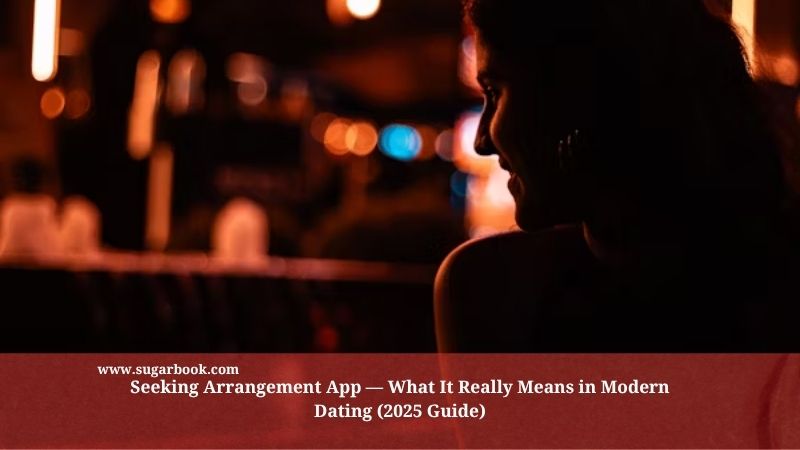


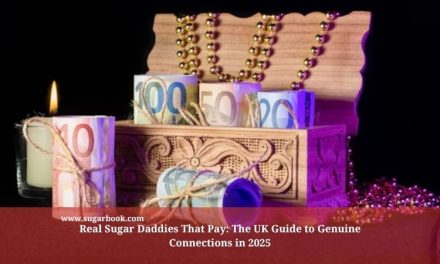
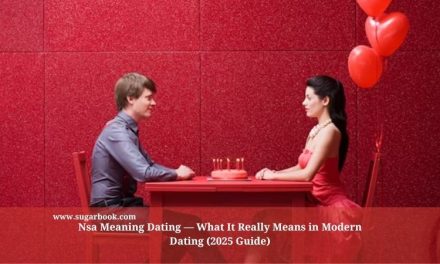



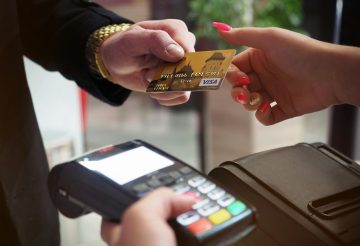




I really appreciate how this post moves beyond the surface-level assumptions about apps like Seeking Arrangement. Framing it around mutual benefit and lifestyle compatibility feels much more aligned with how modern relationships are evolving. The emphasis on openness and boundaries is especially important in today’s dating culture.
It’s not called ‘Seeking Arrangement’, it’s called ‘Seeking’… This article mis-quotes the app name over a dozen times.